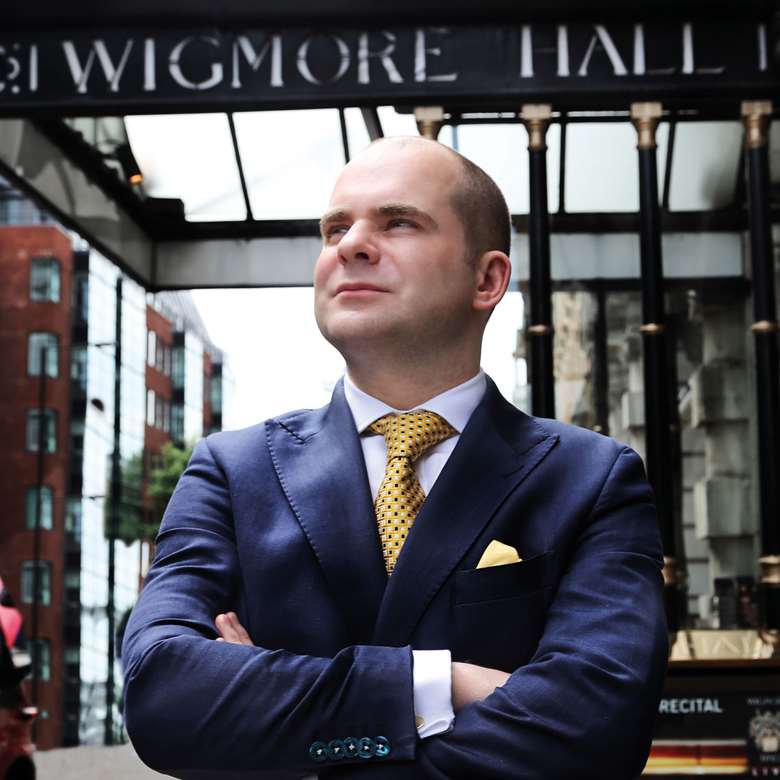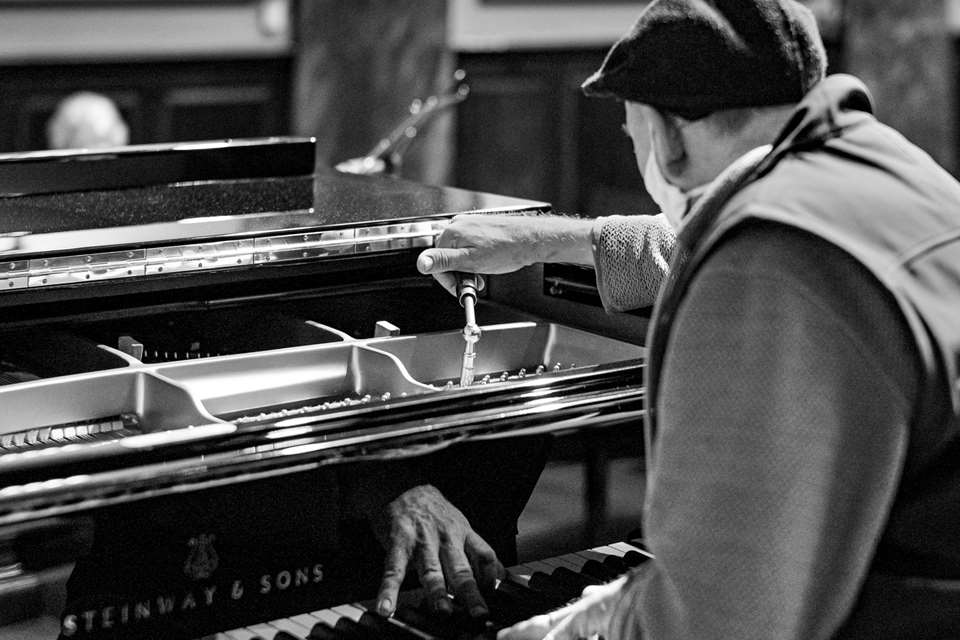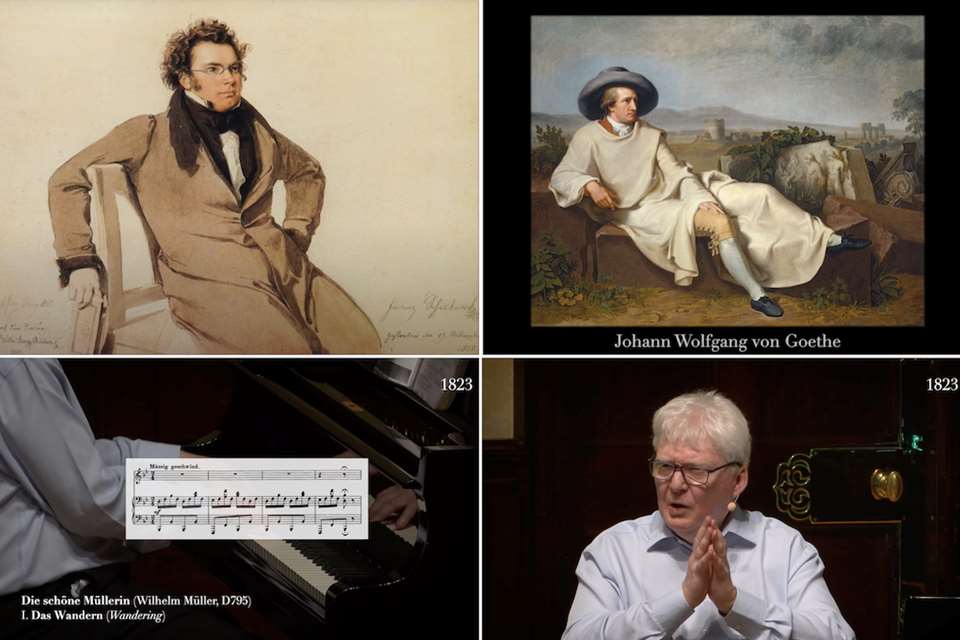John Gilhooly: keeper of the musical flame at Wigmore Hall
James Jolly
Tuesday, August 15, 2023
Amid a feast of world-class music-making, James Jolly sits down with the Director of London’s Wigmore Hall, John Gilhooly to find out how this unique concert hall ticks

Register now to continue reading
Thanks for exploring the Gramophone website. Sign up for a free account today to enjoy the following benefits:
- Free access to 3 subscriber-only articles per month
- Unlimited access to our news, podcasts and awards pages
- Free weekly email newsletter











